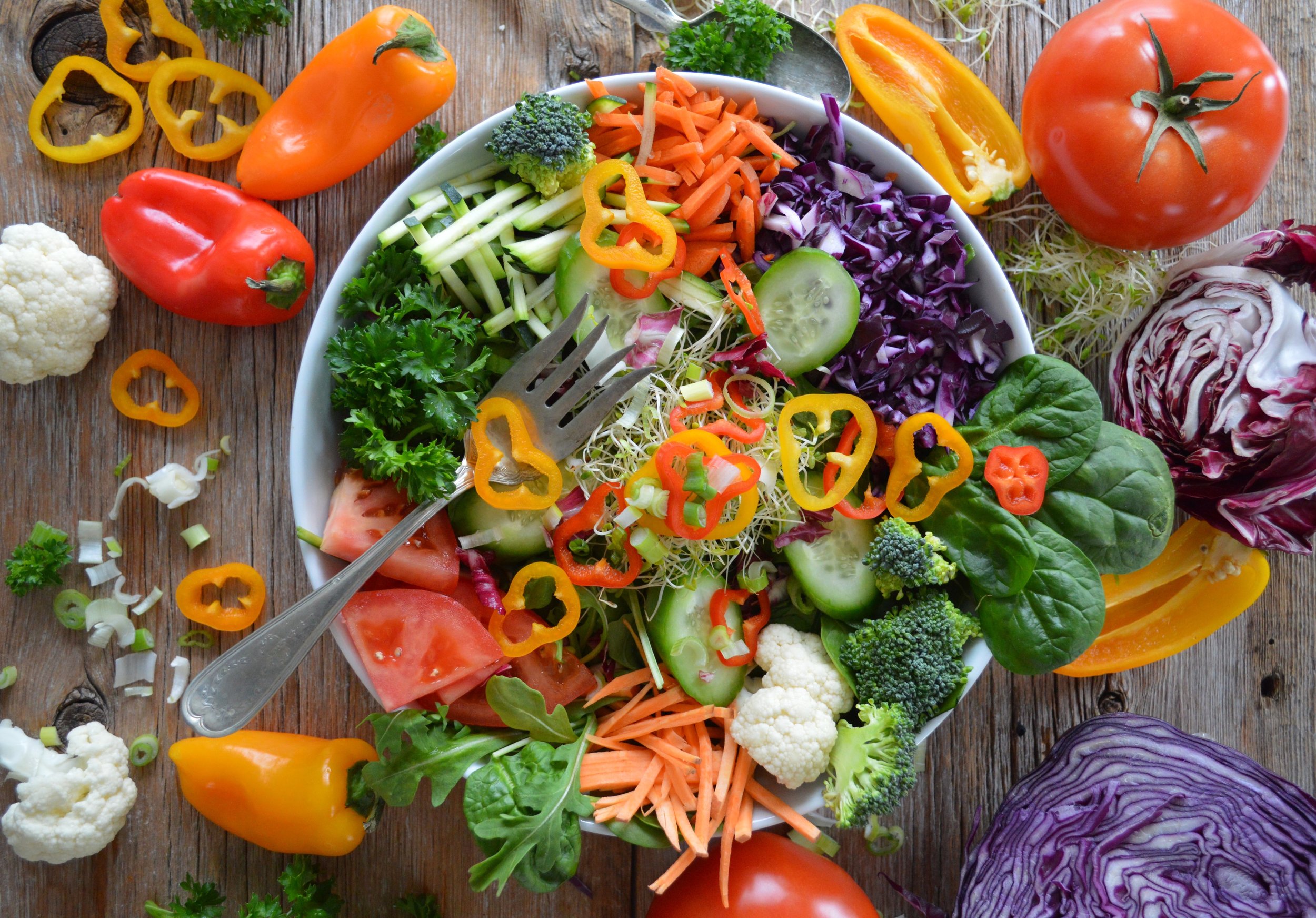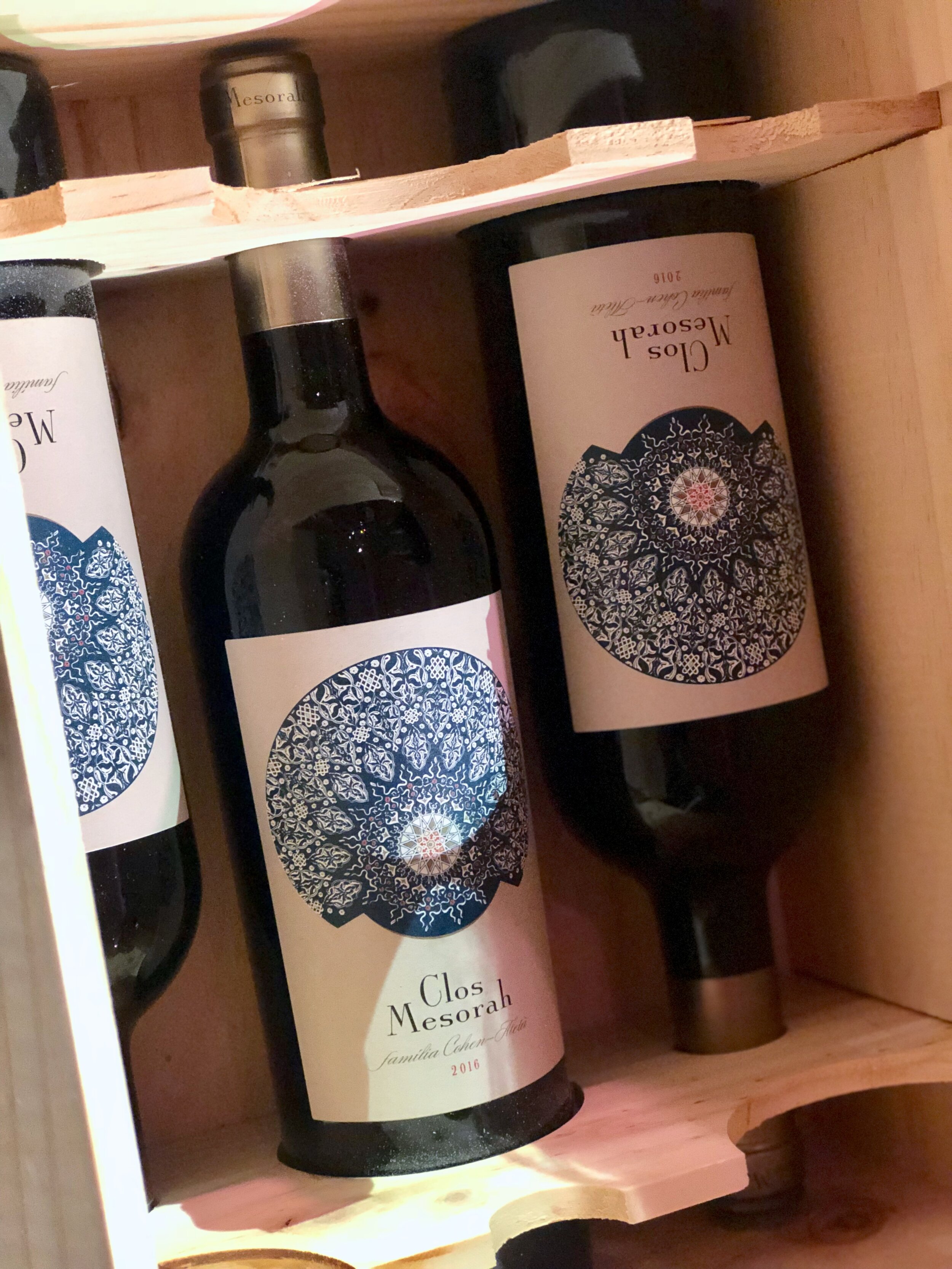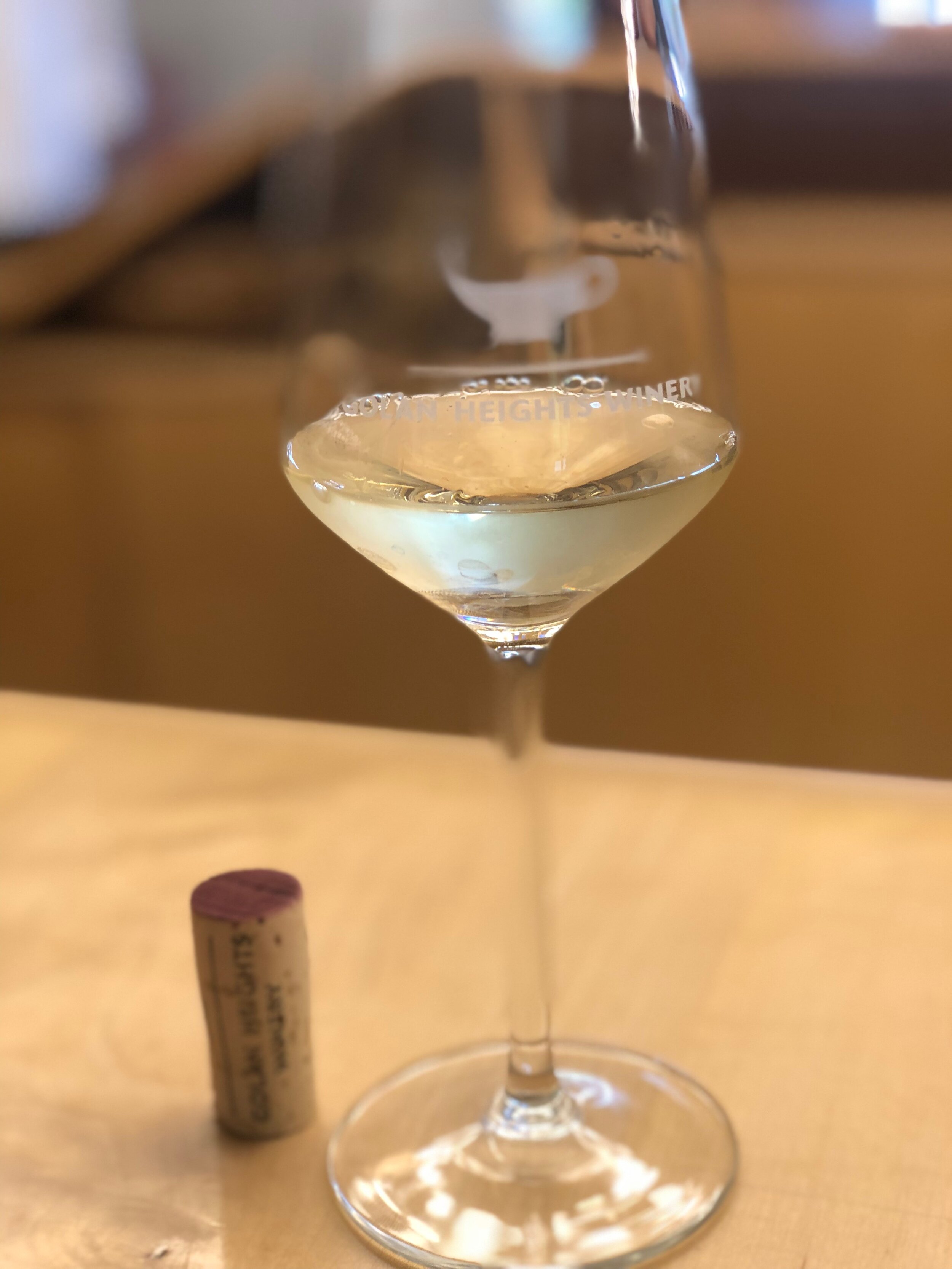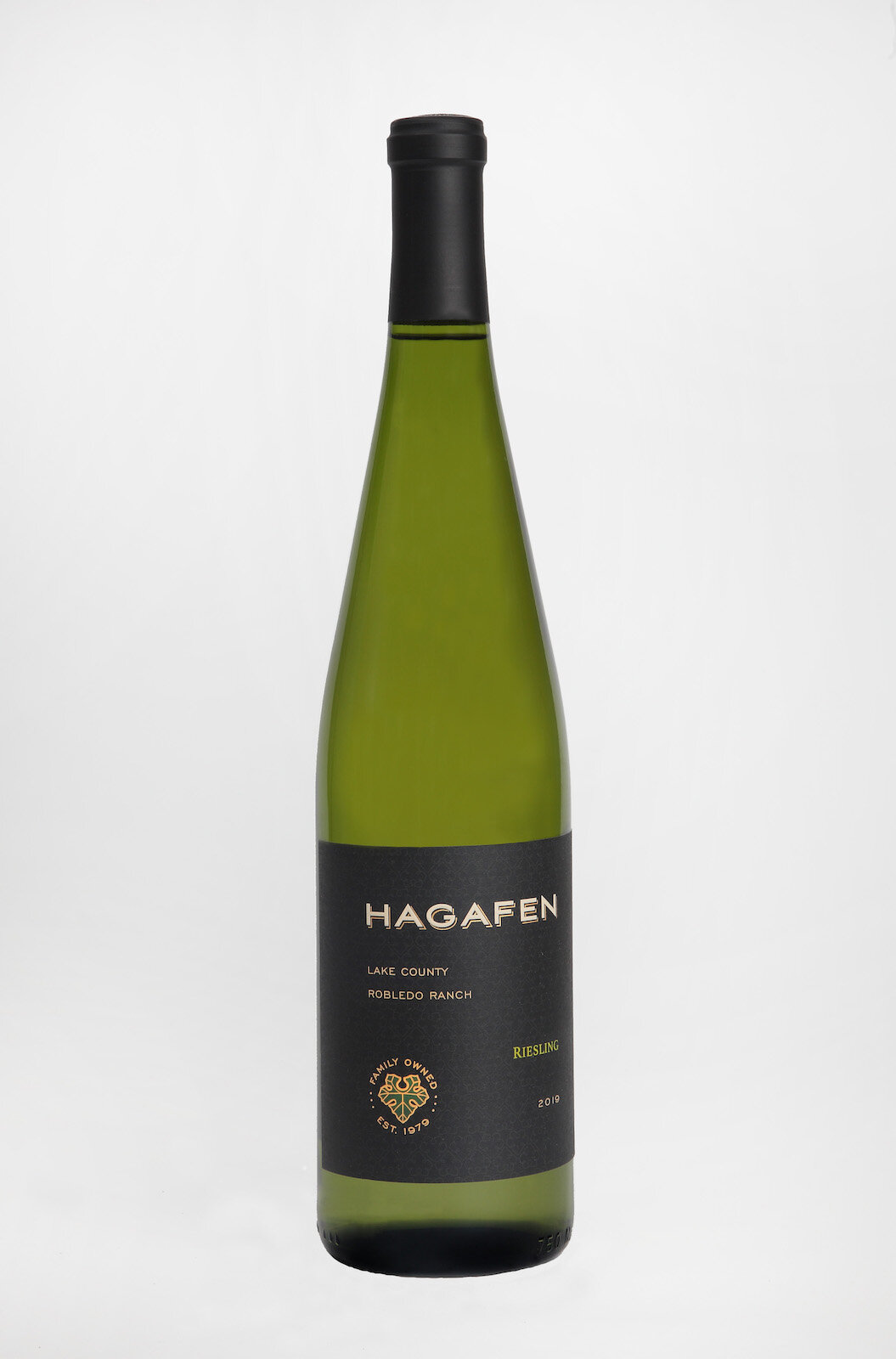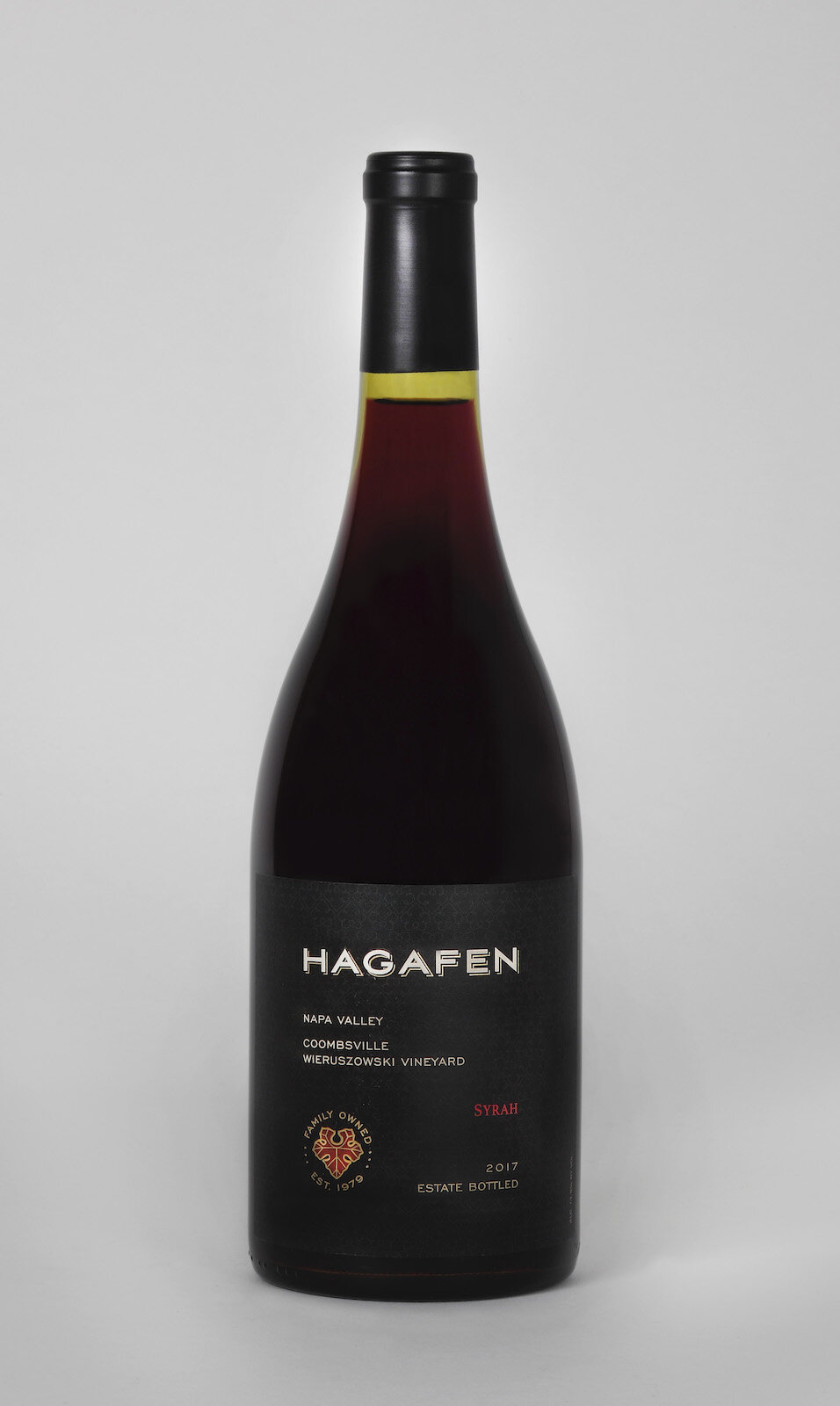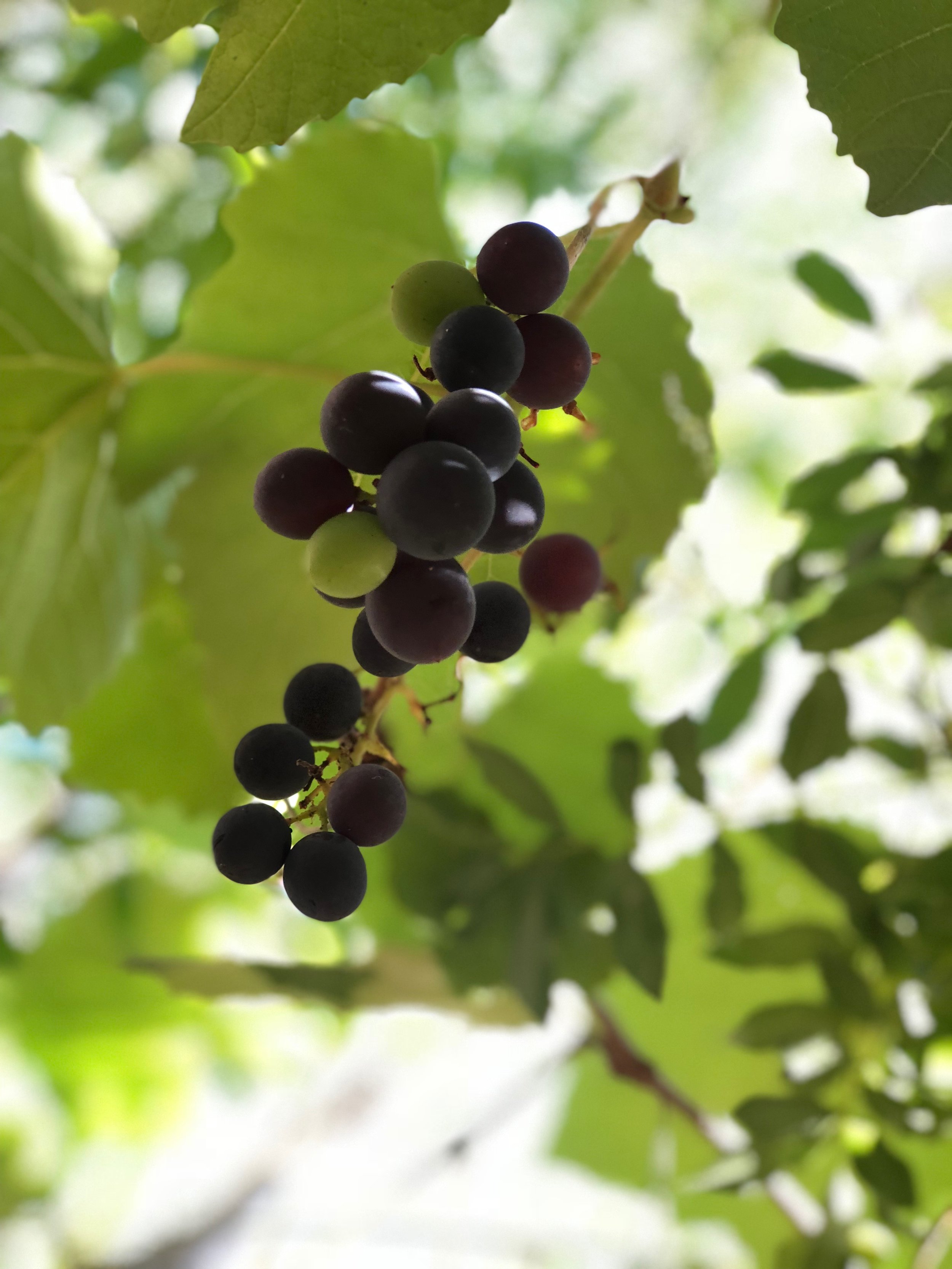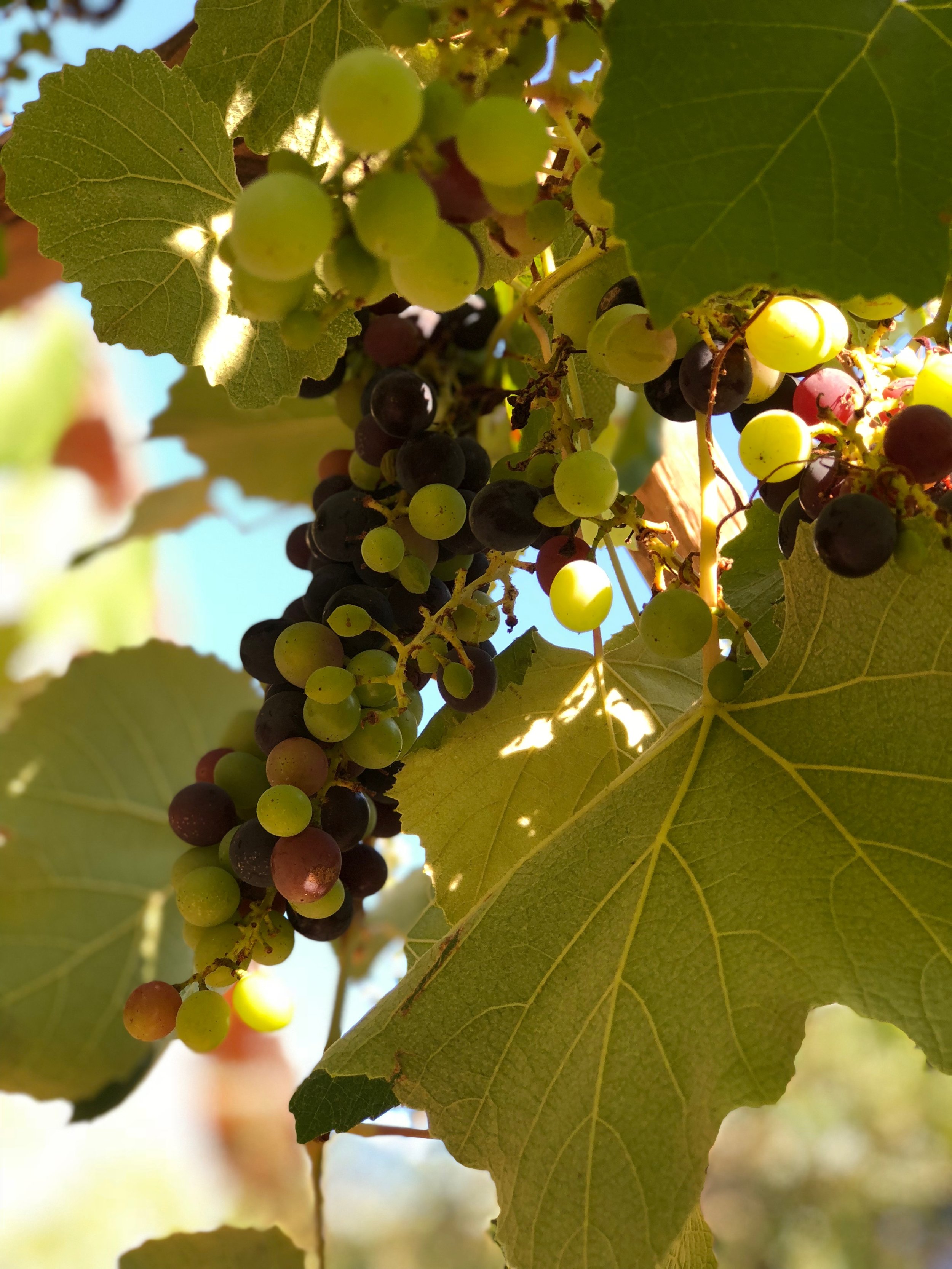Besides Sulfites, What Other Additives Are Used In The Winemaking Process?
Kosher wines are often clarified (i.e. cleared of suspended particles) with albumin from egg whites.
Wait, what? Isn’t wine just grapes and sulfites?
There are a number of animal-based additives used in the traditional process of clarifying and fining a non-kosher wine. However, once a wine is certified kosher, the only animal-based clarifying and fining process allowed is albumin. This may affect people with egg allergies. It also precludes the wine from being vegan.
Can wines be produced without egg whites? Can a wine truly be vegan?
Wine Is Grapes. So Why Does It Need To Be Vegan?
Some wines are now certified vegan. But wine is made out of grapes.
Why Would A Wine Require A Vegan Certification?
Certain types of wines, particularly white wines, require a process called fining. This step filters out substances in the wine that “may cause a wine to look hazy or affect its aroma, color or bitterness.” The process removes unwanted substances such as tannins, phenolics and polysaccharides.
Winemakers often include animal-based additives, such as casein, gelatin and isinglass, to clarify and fine the wine. Casein is derived from dairy, gelatin from an animal and isinglass from a non-kosher fish. These unlisted additives can cause serious problems for vegetarians, vegans and allergy sufferers. Luckily, kosher wines cannot use these, so kosher winemakers clarify their wines with albumin from egg whites.
Vegan Alternatives To Albumin
Some wineries are foregoing the albumin in favor of vegan sources. Says Cohen of Elvi Wines, “Once you are kosher, the only aspect that normally cannot be vegan is when egg whites are used for clarifying the wine. We use a mineral called bentonite. We try to use physical processes” rather than chemical.
Bentonite, derived from volcanic ash, is becoming more common for white wines. Since it is vegan, people with egg allergies, or those who completely avoid animal-based ingredients, can drink these wines.
“Bentonite gives us protein stability, which is important in white wine,” says Weir, “so they're not hazy or cloudy.”
Hagafen and Elvi are vegan because they use bentonite. Or Haganuz’s Elima wine is vegan as well and has a certification on the label. If you are looking for a longer list of vegan options, here are some others.
Are There Pesticides In My Wine?
Kosher wines are not typically made from organic grapes or sustainable sources. For many people, this is of no concern. But a growing number of kosher consumers are clamoring for wines made from organic grapes.
Why Is This The Case?
Conventionally-grown grapes are among the most heavily sprayed crops, with synthetic pesticides, fungicides and insecticides being used on the vines. Pesticide residue also shows up in the finished wines, some with detectable concentrations that persisted through the winemaking process. These even include traces of glyphosate.
Which brands use organic or sustainable sources? What methods do they use? In addition to not having conventional pesticides, what other advantages are there to wines made from organically-grown grapes?

